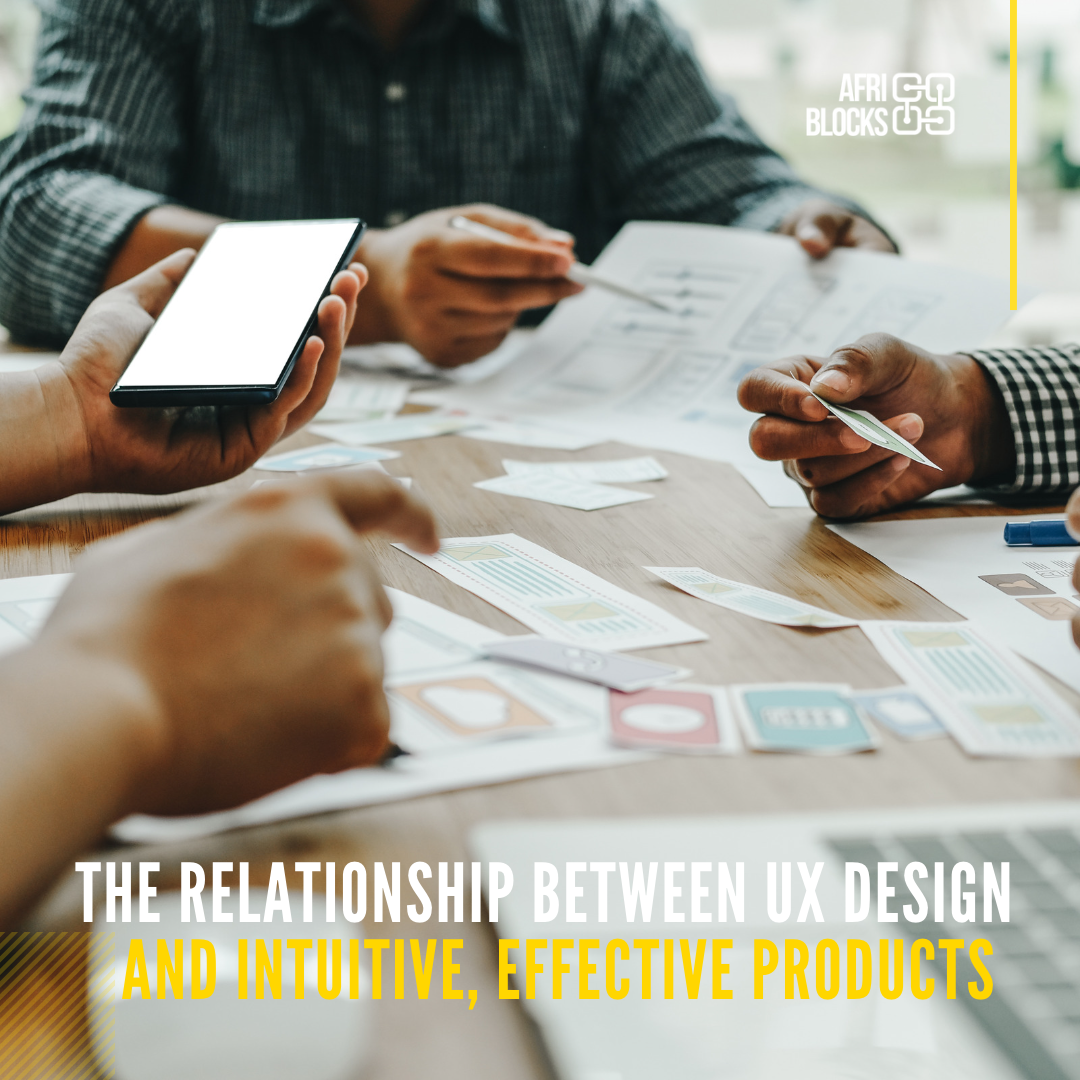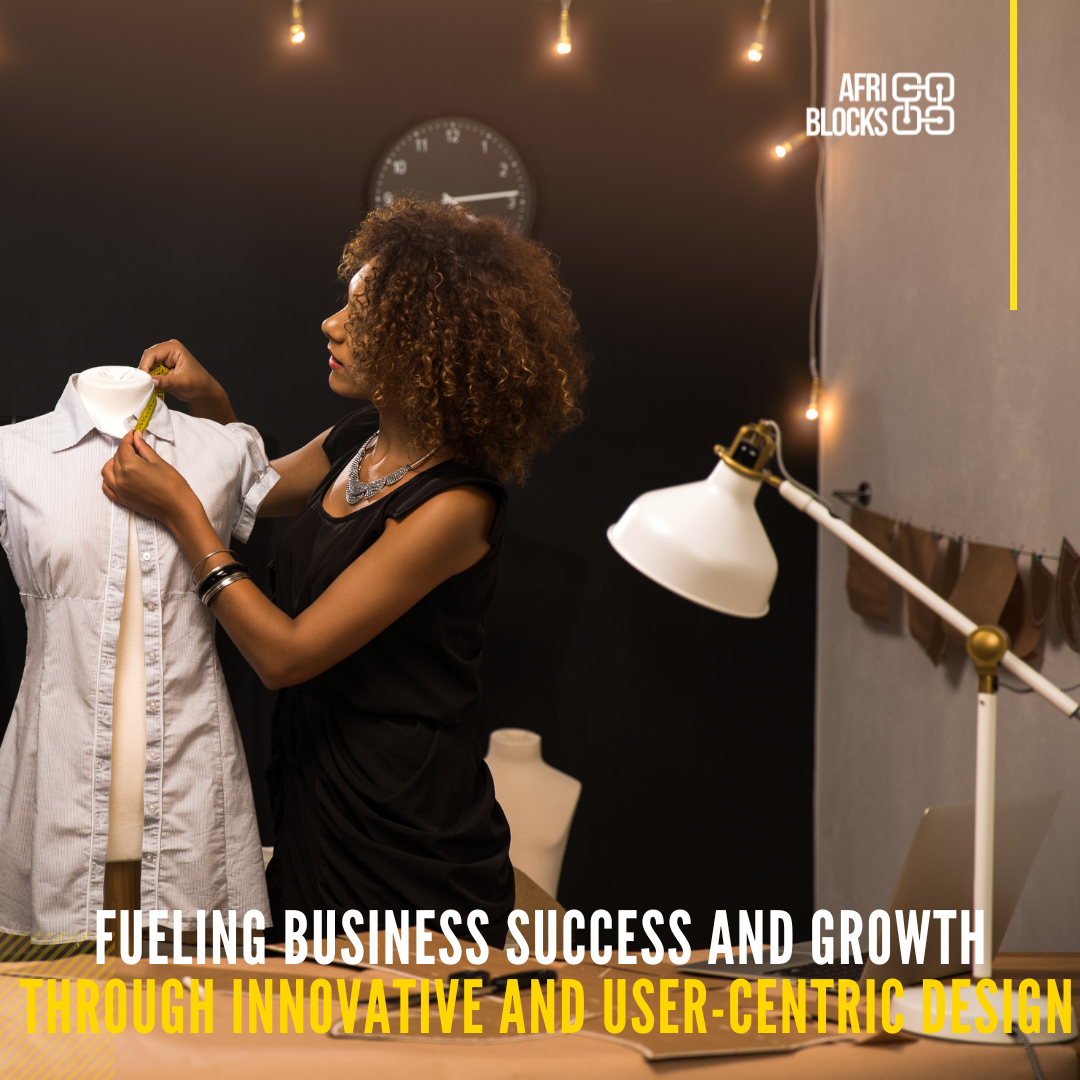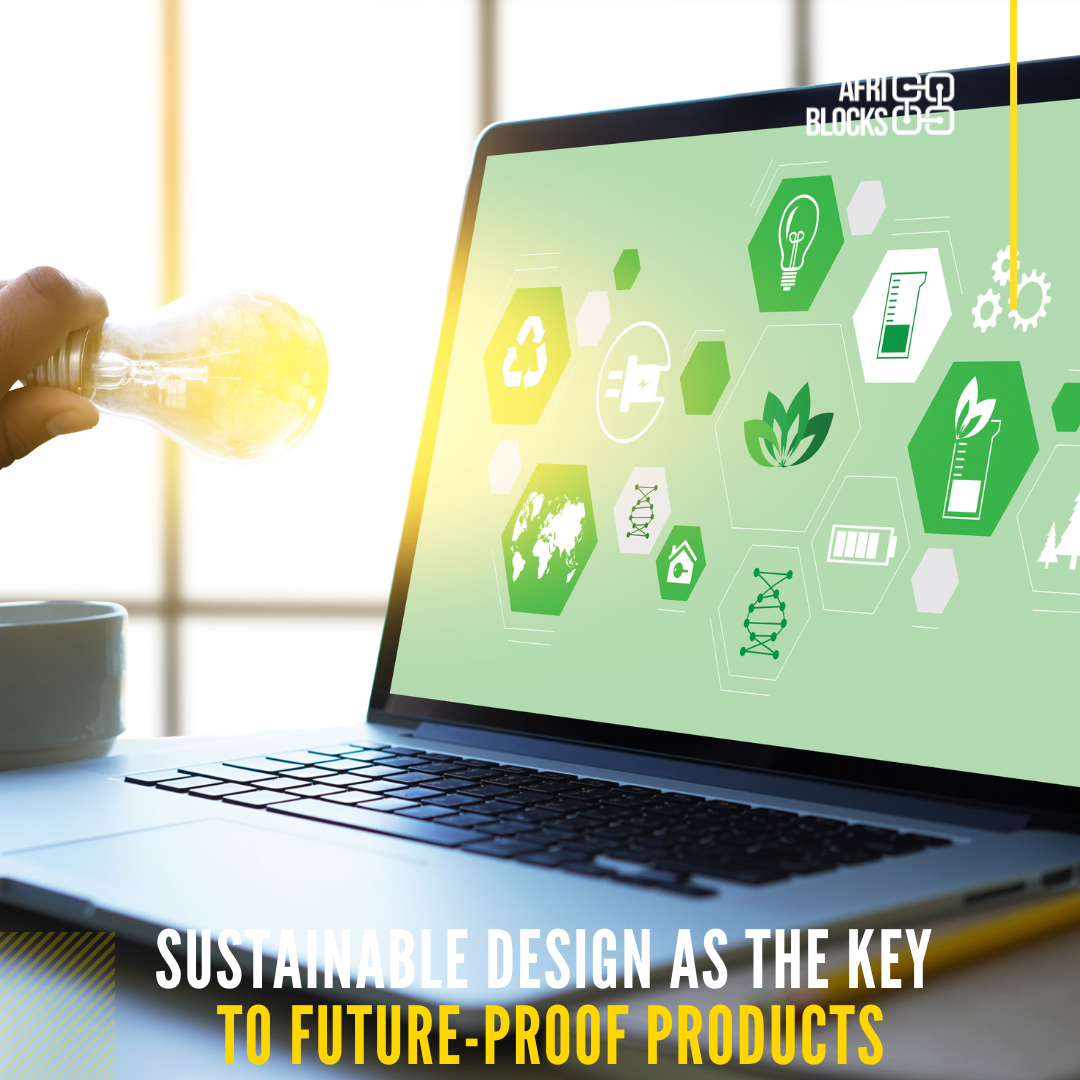
AfriBlocks Network
In the competitive landscape of today's markets, product design has emerged as a pivotal factor influencing consumer behavior and shaping brand perceptions. The significance of good product design extends far beyond aesthetics; it is a strategic tool that impacts user experience, functionality, and ultimately, the success of a product in the market.
First Impressions Matter
The initial interaction a customer has with a product often defines their perception. A well-designed product captures attention, communicates value, and establishes a positive first impression. Whether it's an intuitive user interface or an appealing physical form, good design sets the stage for a favorable customer experience.
When a potential customer encounters a product with a captivating design, it sparks interest and curiosity. This positive initial experience serves as a catalyst, prompting further exploration and engagement with the brand. A well-designed product not only captures attention but also guides the customer seamlessly through the awareness and consideration stages. As consumers move along the funnel, their first impression becomes a lasting memory that significantly shapes their decision-making process.
A positive initial encounter can transition interest into desire, fueling the momentum towards a purchase. Conversely, a poor first impression may lead to a swift exit from the customer funnel. Recognizing the pivotal role of design in this journey emphasizes the need for strategic and impactful product design to optimize the customer’s progression from curiosity to conversion.
User Experience (UX) as a Priority
Beyond looks, successful product design prioritizes user experience. A product that is easy to use, efficient, and aligns with user expectations fosters satisfaction and loyalty. UX design involves understanding the user journey, anticipating needs, and creating seamless interactions, contributing to overall customer satisfaction.
When hiring a UX designer for product design, prioritize candidates with a strong portfolio showcasing user-centric designs. Look for proficiency in tools like Sketch or Figma, and a deep understanding of usability principles. A good UX designer not only enhances the product’s functionality but significantly influences customer perception. Seamless and intuitive user experiences foster positive impressions, increasing customer satisfaction and loyalty. Investing in a skilled UX designer is pivotal for ensuring your product resonates well with users and leaves a lasting positive impact on your brand.
Functionality and Purpose
Aesthetics alone do not define good design; functionality and purpose are equally vital. A product should fulfill its intended purpose effectively, with design elements complementing and enhancing its core functions. Balancing form and function creates a harmonious product that resonates with users.
Brand Identity and Recognition
Consistent and thoughtful design builds brand identity. Visual elements, from logos to packaging, contribute to a brand's recognition. When customers see a well-designed product, they associate it with quality and professionalism, reinforcing the brand's identity and fostering trust.
Competitive Edge
In saturated markets, where similar products vie for consumer attention, design becomes a key differentiator. A uniquely designed product stands out, attracting customers and giving companies a competitive edge. It's not just about creating something functional; it's about creating something memorable.
ntuitive interfaces, inventive features, and a unified design language collectively contribute to a product’s memorability. When a product surpasses expectations with thoughtful design, it becomes a brand differentiator. In a saturated market, a lasting impression from well-crafted design plays a pivotal role, ensuring customer loyalty and positioning the product above its competitors.
Emotional Connection
Good design has the power to evoke emotions and create a connection between the customer and the product. Whether through color schemes, textures, or innovative features, design elements can elicit positive feelings, contributing to brand loyalty and repeat business.
Adaptability and Future-Proofing
The best designs are adaptable, considering future trends and technological advancements. A product that can evolve with changing consumer preferences and technological developments remains relevant and continues to meet the needs of its audience.
Market longevity hinges on a product's adaptability. In a constantly changing landscape, products that seamlessly evolve with shifting needs and trends gain a distinct advantage. Prioritizing flexibility and incorporating user feedback, adaptable products not only meet current demands but also position themselves as lasting solutions. This approach ensures sustained relevance and success, setting them apart in the market.
The importance of good product design cannot be overstated. It is a multifaceted tool that goes beyond aesthetics, influencing customer perception, satisfaction, and loyalty. Successful design aligns with user expectations, enhances functionality, and contributes to the overall success of a product in the market. As companies navigate the dynamic landscape of consumer preferences, investing in thoughtful and strategic product design becomes a cornerstone for sustained success.
Backed by TechStars and Google; AfriBlocks equips users with a talent platform that streamlines the process of connecting with top affordable African freelancers. Making it easier to find, vet, hire, and pay African talent.
Post A Job to support: https://afriblocks.com/request-a-service










